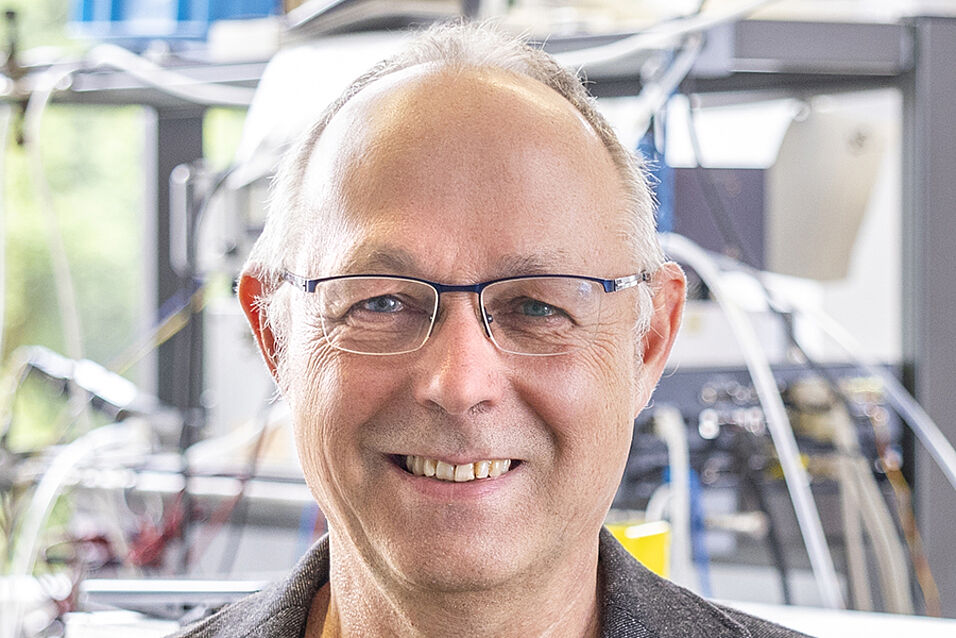Vortrag im Rahmen des University of Vienna Physics Colloquiums
It has long been known that the CO₂ emissions from aviation have an impact on the global climate. However, the impact of air traffic goes beyond harmful CO₂ emissions. It results from a complex set of processes, including the direct emissions of climate-relevant species, such as carbon dioxide (CO₂), water vapour (H₂O), nitrogen oxide (NOx) and aerosol particles (soot, organics, and sulphate). These emissions also have indirect effects, such as the formation of persistent contrails and contrail cirrus, NOx-induced ozone depletion and aerosol-cloud interactions. Because around 60% of the warming effect in association with aviation emissions comes from persistent contrails and contrail cirrus, the focus has shifted from CO₂ to the condensation trails and towards potential ways of contrail avoidance as one measure for reducing the climate impact of aviation.
The lecture aims to provide an overview of aviation emissions and their impact on climate change, as well as the strategies currently being discussed for a more environmentally friendly aviation system.
A light lunch buffet will be offered before the lecture at around 13:00.

